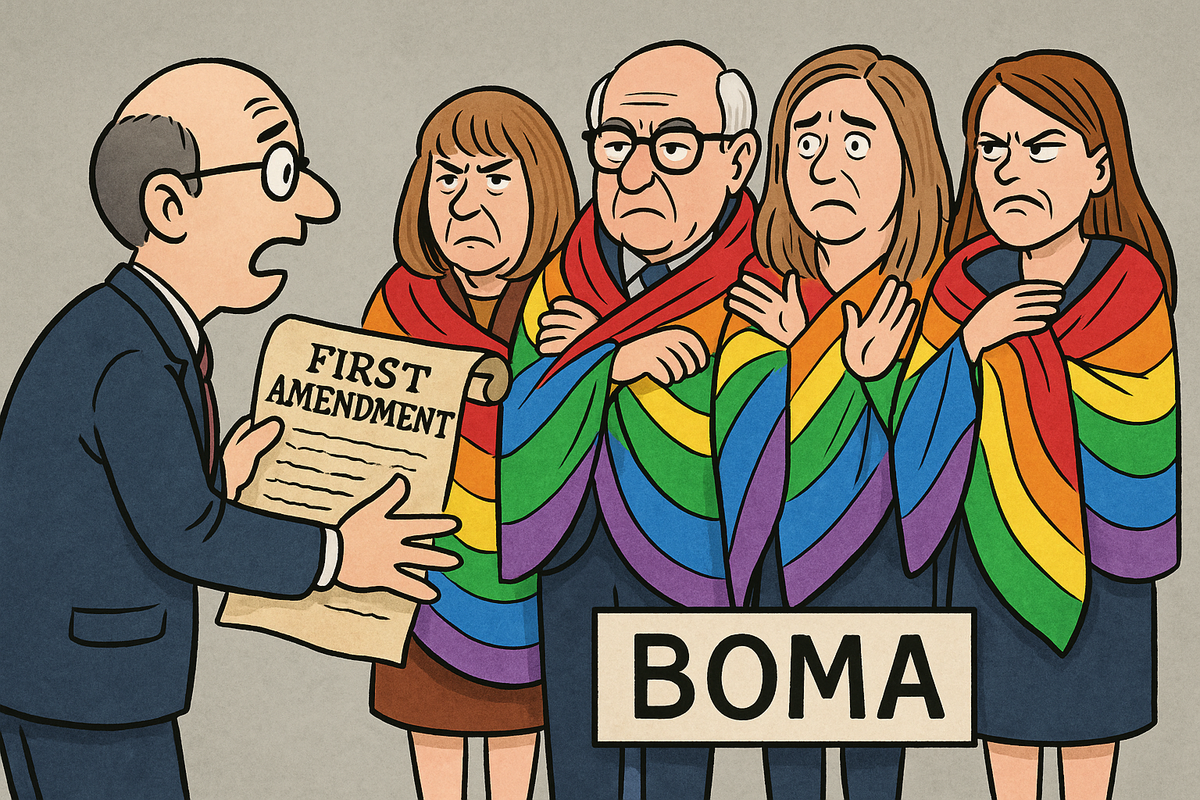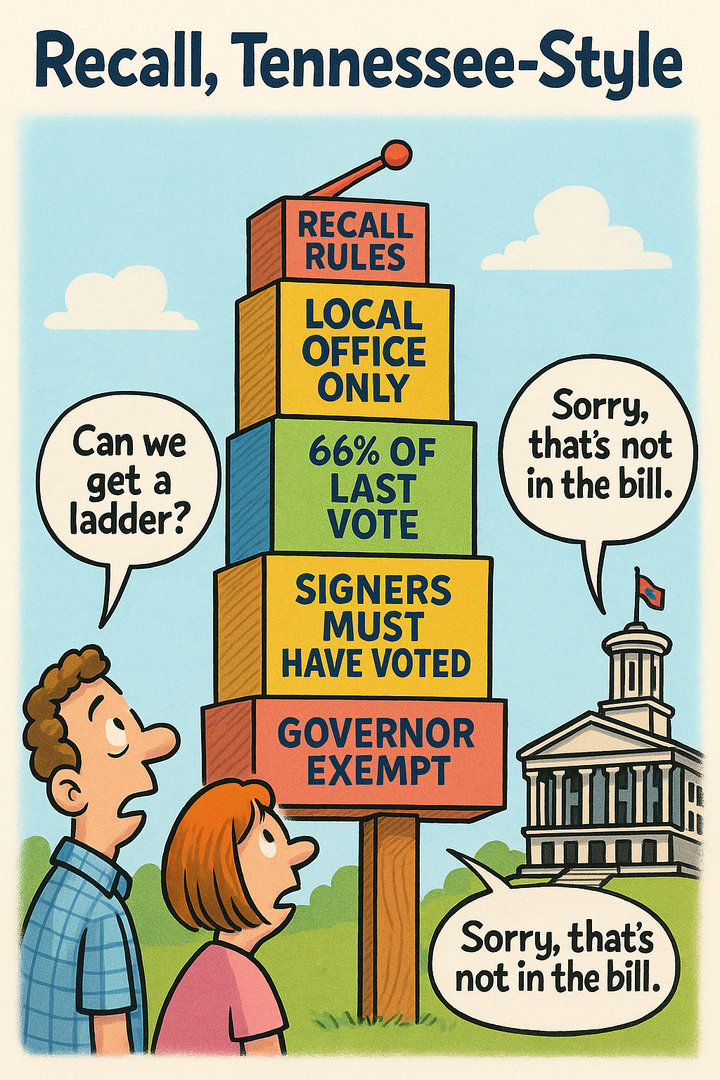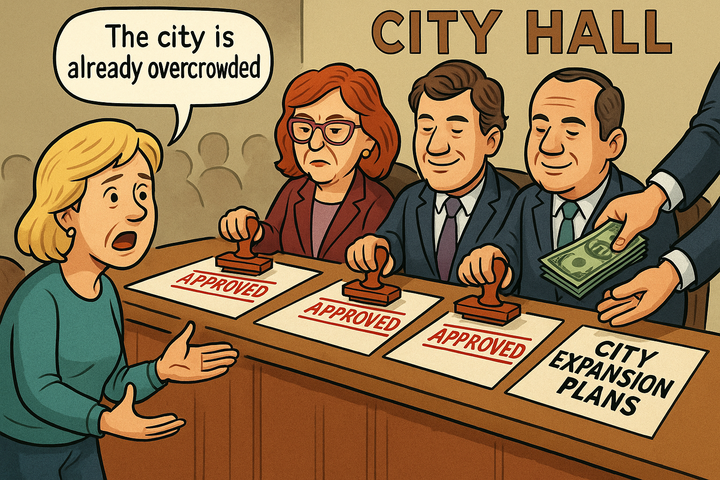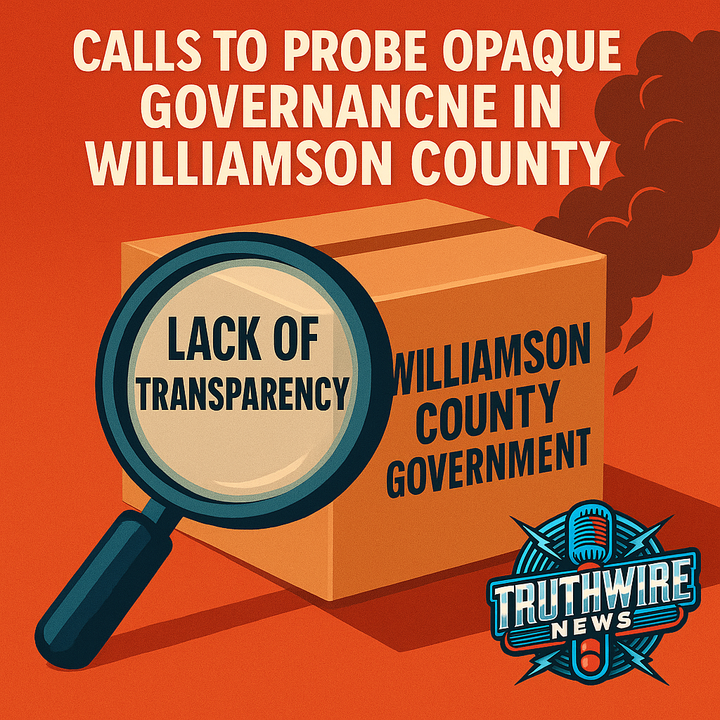Franklin's leaders approved Pride 2025 using the same speech-restrictive policies that triggered a federal lawsuit. Even a liberal judge saw the First Amendment violation. Now taxpayers may pay the price. TruthWire investigates what City Hall ignored.
A federal judge has just confirmed what many in Franklin have been warning about for months: the City’s approach to Franklin Pride events—and its willful indifference to First Amendment rights—has created not only legal peril, but a potential financial crisis for taxpayers.
U.S. District Judge Waverly Crenshaw, an Obama appointee widely regarded as one of the more liberal jurists on the bench, issued a ruling that should send shockwaves through City Hall. The court held that Joseph Cocchini, a Christian evangelist arrested at the 2023 festival, may proceed to trial on a claim that his speech was unconstitutionally suppressed. Crucially, the only motion the court resolved at this stage concerned arresting officer Kevin Spry’s request for qualified immunity. The City itself never moved to dismiss, never sought immunity, and never asked for judgment in its favor—meaning its potential liability remains completely intact.
That procedural fact has been lost in some public commentary. Suggesting that the City “won” because Spry is the lone defendant headed to trial is, at best, deeply misleading. The court simply hasn’t reached the City’s role yet—because the City didn’t put the question before the court. When discovery begins, every briefing memo, e-mail, and command chain directive that shaped police conduct at Franklin Pride will come under a microscope. If those documents show the City empowered private event staff to dictate who could stay or go in a public park, Franklin could face a multimillion-dollar verdict.
And although this stage of the lawsuit focused only on Officer Spry’s personal liability, Franklin’s taxpayers aren’t necessarily off the hook: if a jury ultimately finds that Spry violated Cocchini’s First Amendment rights, Tennessee law and the city’s risk-management policies allow—and in practice almost always require—the municipality to indemnify its employees for actions taken within the scope of their duties.
In other words, even without a formal ruling against the City, Franklin could still be legally or contractually bound to pay any judgment or settlement on Spry’s behalf, meaning the financial fallout may land on the public ledger rather than the officer’s wallet.




